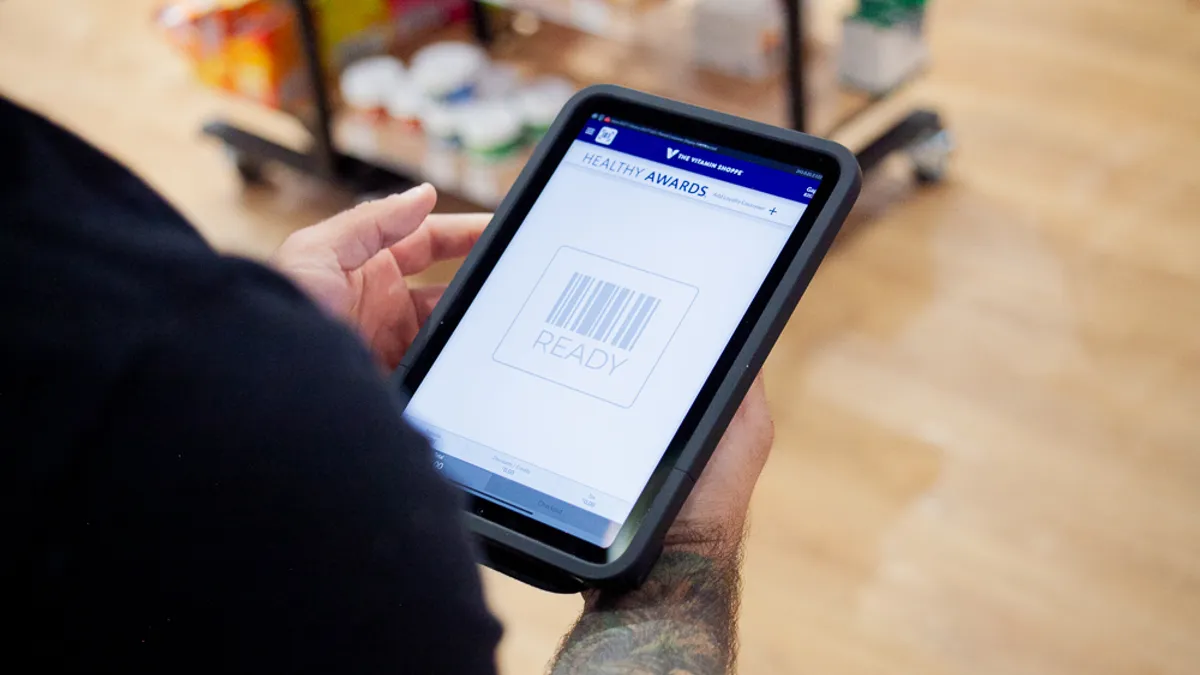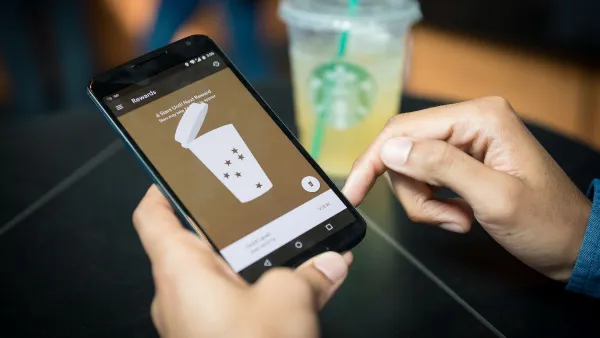Dive Brief:
- Only 9% of consumers say they’re satisfied with the in-store shopping experience, according to a survey of 20,000 consumers across 26 countries released by IBM last week. Additionally, only 14% of consumers say they’re satisfied with e-commerce experiences.
- Consumers want convenient access to product details no matter how they shop. More than a quarter wanted more information about products in store, while one-third wanted the same thing online.
- Businesses should equip both associates and customers with tools that can improve the shopping experience, according to Karl Haller, global leader for the IBM Consulting Consumer Center of Competency. The key is to identify which aspects of the customer journey will generate the biggest return on investment.
Dive Insight:
Consumers gave companies a three-year reprieve from CX demands, but that honeymoon has come to an end, according to Haller.
COVID-19, and the supply chain shortages that followed, conditioned people to be satisfied with simply finding what they were looking for. Now that those problems have passed, consumers are ready for the CX improvements they have been promised.
“Expectations have surpassed pre-COVID levels, because now we've been hearing about stores of the future for a decade,” Haller told CX Dive. “If you walk into almost any store, it’s generally a moderately better version of what you had before, and in some cases, it's not as good.”
Consumers expressed a disappointment in companies’ CX offerings in a recent Deloitte survey. There is a significant gulf between what brands think they offer and how customers feel about the experience, according to Bobby Stephens, principal in the Deloitte Digital retail and consumer products practice.
Haller noted that bringing experiences in line with expectations requires retailers to equip associates and customers with tools that can make journeys easier. This is an area where generative AI can play an important role.
Today’s shopper may be looking for anything from shirts in their size to pasta that meets their dietary needs. Generative AI-powered tools can quickly provide the relevant information directly to associates.
IBM’s survey also found that 86% of consumers want to be able to use AI to research products and get information. AI-powered search can help customers get more accurate answers to their queries — a capability Amazon is experimenting with through its Rufus shopping assistant.
However, generative AI is just one technology companies need to embrace to meet consumers’ rising expectations, according to Haller. General AI, automation and machine learning algorithms all have roles to play.
Multiple forms of technology, such as geofencing and task automation, can combine with AI to help triage the most important customer experience tasks, like cleaning up a messy dressing room or assisting a VIP customer.













